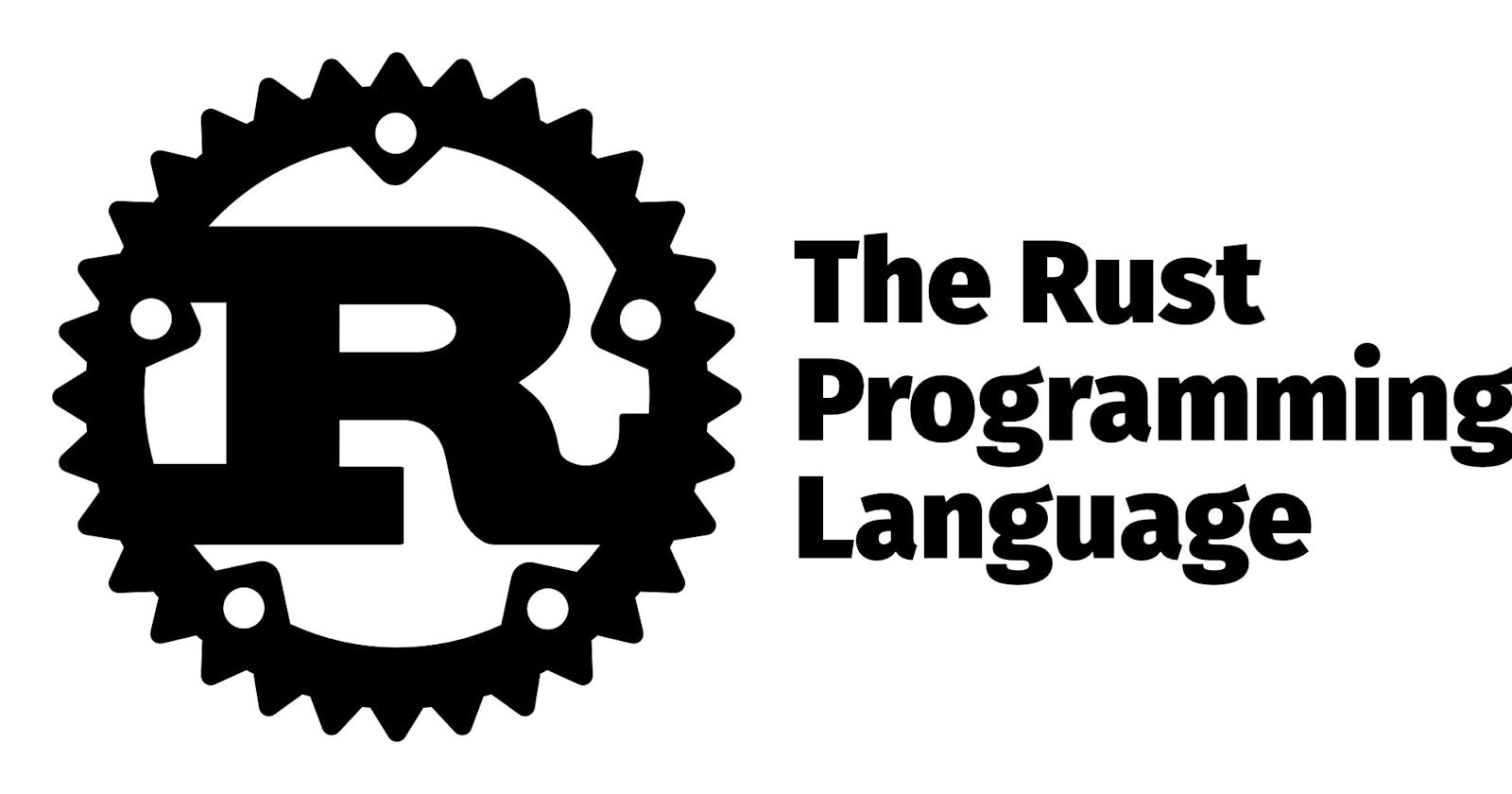Table of contents
- The Birth and Philosophy of Rust
- Safety First: The Memory Management Revolution
- Performance: At Par with C and C++
- Concurrency Without Fear
- Interoperability: Bridging Worlds Together
- Modern Tooling and Community Support
- Wide-Ranging Applications: Beyond Systems Programming
- Rust in Industry: Adoption by Giants
- Future-Proofing Your Skills
- Rust’s Learning Curve: A Worthy Investment
- The Compelling Case for Rust
In the evolving landscape of programming, where new languages and frameworks sprout like mushrooms after rain, it takes a truly robust and well-designed tool to stand out. Among these, Rust has emerged as a beacon of efficiency, safety, and performance. From its conception as a side project in Mozilla to its undeniably growing presence in the software industry, Rust has proven its worth repeatedly. This article will dissect the myriad reasons why learning Rust is not merely beneficial but, arguably, essential for programmers and companies aiming to thrive in the modern software development arena.
The Birth and Philosophy of Rust
Before delving into why one should learn Rust, it is imperative to understand what Rust is and the ethos behind it. Rust is a systems programming language that runs blazingly fast, prevents segfaults, and guarantees thread safety. Born out of the need for concurrency and safety, it was designed to provide the performance of languages like C and C++ without their notorious pitfalls related to memory safety.
The philosophy of Rust hinges on three core principles: safety, speed, and concurrency. It is built to encourage patterns that are inherently safe without sacrificing the fine-grained control over hardware resources that systems programming necessitates. The language aims to empower everyone to build reliable and efficient software.
Safety First: The Memory Management Revolution
A significant proportion of bugs and security vulnerabilities in software can be traced back to mishandled memory management. Buffer overflows, dangling pointers, and concurrent access to mutable state are notorious for causing issues that are hard to debug and resolve.
Rust tackles these head-on with its ownership model, which is arguably the most compelling reason to learn the language. It employs a system of ownership with a set of rules that the compiler checks at compile time. Instead of relying on a garbage collector or manual memory management (which can lead to either overhead or errors), Rust introduces a novel concept that ensures memory safety without a significant performance hit. This feature alone has saved countless hours of debugging and patching and is a boon for the development of secure systems.
Performance: At Par with C and C++
Performance is king, especially in system-level programming. Rust does not just aim to be safe but also to be as fast as its predecessors C and C++. It accomplishes this by providing zero-cost abstractions, where higher-level constructs compile to assembly code as efficient as what one could write in lower-level languages.
Learning Rust means having the tool to write applications that squeeze the most out of the available hardware. This aspect is critical in areas such as embedded systems, game development, and other performance-critical applications.
Concurrency Without Fear
In a world that is increasingly multicore, the ability to execute tasks in parallel is vital. However, concurrency is notoriously difficult to get right. Data races, deadlocks, and other timing errors are common pitfalls that can lead to unpredictable behavior and security issues.
Rust's ownership and type system come to the rescue again, providing compile-time guarantees against data races. Learning Rust allows developers to write concurrent programs with confidence, knowing that the compiler will catch many of the common mistakes that can lead to concurrency bugs.
Interoperability: Bridging Worlds Together
For all its innovation, Rust does not exist in a vacuum. In the real world, software rarely does. Interoperability with existing systems and languages is crucial. Rust shines here by providing seamless integration with C code, allowing it to call into C libraries and vice versa. This feature opens up a world of possibilities for gradual adoption and the leveraging of an immense ecosystem of existing C libraries.
Learning Rust can extend the lifespan of legacy systems by interfacing with them or even gradually replacing parts with safe, concurrent, and fast Rust code.
Modern Tooling and Community Support
One of the aspects that make a language pleasant to use and learn is the ecosystem surrounding it. Rust is exemplary in this regard. Its package manager and build system, Cargo, simplifies dependency management, compilation, and distribution of Rust packages. The comprehensive standard library, rich documentation, and friendly compiler messages lower the learning curve and aid in the development process.
Rust's community is vibrant and welcoming, with a culture that emphasizes mentorship and inclusivity. It’s an ideal environment for beginners to grow and for seasoned developers to contribute and learn from one another. Resources such as "The Rust Book" and the plethora of online communities offer support that can dramatically steepen the learning curve.
Wide-Ranging Applications: Beyond Systems Programming
While Rust was born as a systems programming language, it has far outgrown its initial remit. It’s being used for building web applications with frameworks like Rocket and Actix; creating WebAssembly modules for high-performance web clients; developing cross-platform applications with GUI frameworks; and even game development, a testament to its performance and safety guarantees.
As a language that can scale from the smallest embedded devices to massive web services, learning Rust prepares developers for challenges across the spectrum.
Rust in Industry: Adoption by Giants
Tech giants like
Microsoft, Google, Amazon, and Facebook have adopted Rust for various projects, which is a testament to its reliability and performance. Microsoft has been exploring Rust for safe systems programming to avoid the security pitfalls of C and C++. Google has incorporated Rust into the Android operating system for the same reasons. Amazon has chosen Rust for infrastructure projects due to its performance and safety.
This industry adoption is not just a trend but a sign of a shift in prioritization towards memory safety and performance. For career-minded developers, learning Rust is an investment that makes them more attractive to employers who are aware of the long-term benefits of Rust’s guarantees.
Future-Proofing Your Skills
The technology landscape is continually changing, and with it, the demands of the industry. Rust is a language that has been designed not just for today’s challenges but for tomorrow’s as well. Its focus on safety, concurrency, and performance, its growing adoption, and the vibrant community all indicate that Rust is here to stay.
Moreover, as the Internet of Things (IoT) continues to grow, and as we push towards more complex, multi-threaded, and performance-critical applications, the principles that Rust enforces become not just valuable, but indispensable. Learning Rust is, therefore, a way to future-proof one's programming skills.
Rust’s Learning Curve: A Worthy Investment
It’s true that Rust has a steeper learning curve than some other languages, particularly for those not already familiar with systems programming. However, this should not be a deterrent. The investment in learning Rust is repaid with interest in the form of robust, efficient code, fewer bugs, and a deeper understanding of how software works at a fundamental level.
The Compelling Case for Rust
The case for learning Rust is robust and multi-faceted. It offers unmatched safety features without sacrificing performance, tackles modern-day concurrency issues head-on, provides tools and community support that enhance productivity and learning, and finds application in a myriad of domains beyond its systems programming roots.
With the software industry increasingly recognizing these benefits and adopting Rust, the language is no longer just a "good to have" skill but is fast becoming a "must-have" for a wide array of programming jobs. It equips developers with the knowledge to build software that is not just functional but is secure, fast, and reliable.
For individuals and organizations that aspire to be at the forefront of software development, learning Rust isn't just an option; it's an imperative. It is an investment in the future, in a world where the demands on technology are ever-increasing and the tolerance for error continues to diminish. In embracing Rust, we step into a paradigm where we can confidently meet the needs of today's technology without being encumbered by the limitations of the past.
Learning Rust is not merely about picking up a new language; it's about embracing a new way of thinking about programming that is safe, efficient, and concurrent. It's about being part of a community that is not just building software but is pushing the boundaries of what is possible. As we move forward into an increasingly complex and demanding technological landscape, Rust stands out as a beacon—a tool that is as reliable as it is revolutionary.

